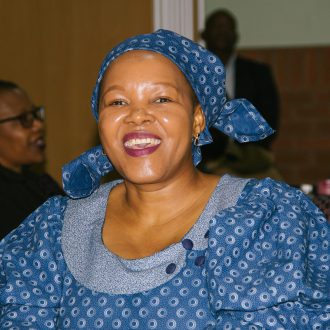welcome to
The National Spatial Development Framework
A strategic planning tool designed to guide land use, infrastructure and other forms of development across the country.
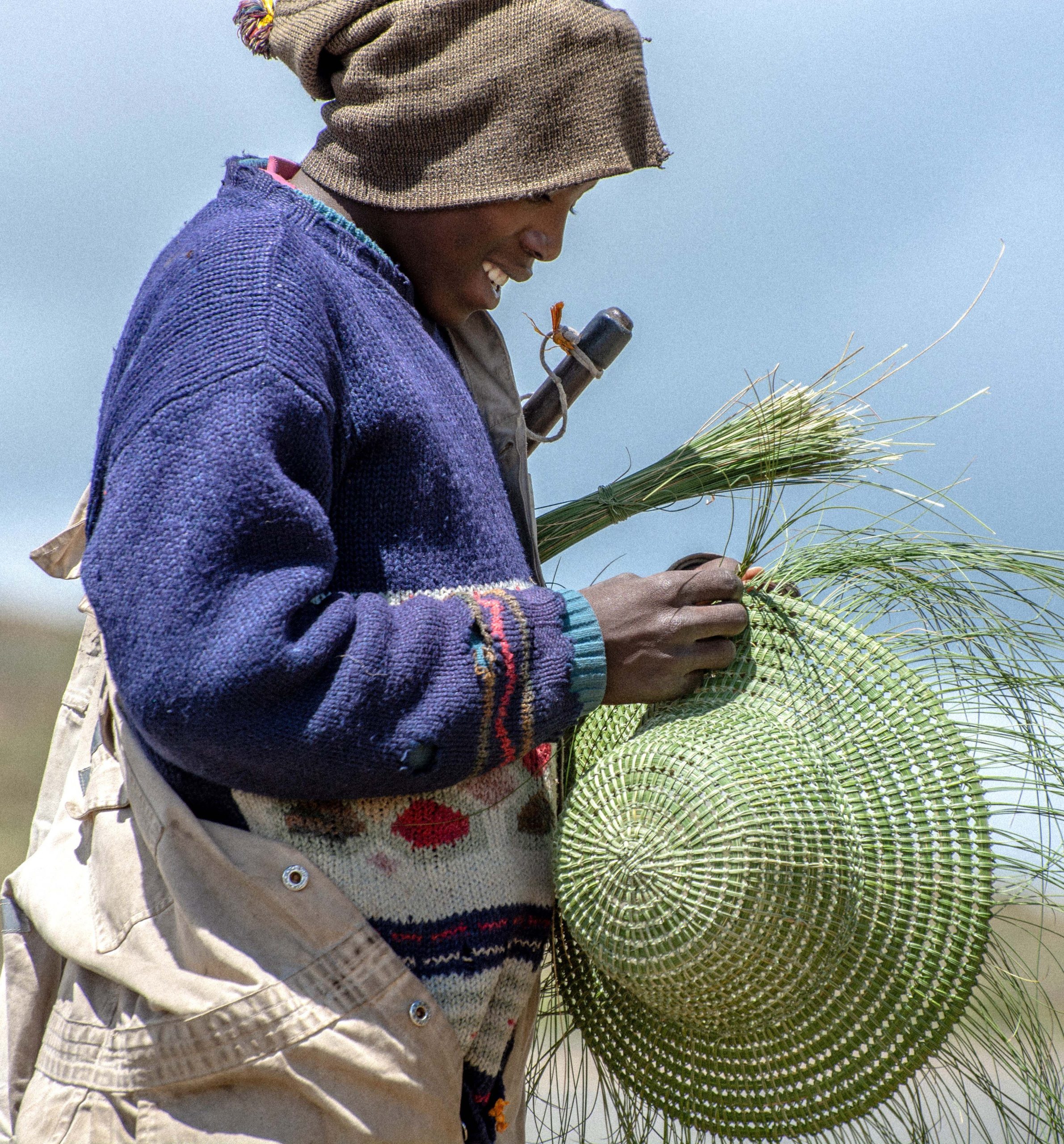
LAUNCHED
2024
WHAT IS THE NSDF
The NSDF is envisioned as a comprehensive strategic plan that will offer Guidelines for managing land resources effectively, thereby supporting economic growth, social equity and environmental sustainability.
NSDF
NSDF will include these nine Specialist Reports;
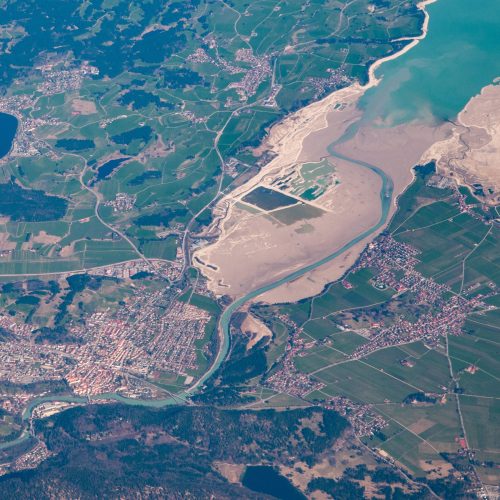
01
Integrated Catchment Management
Water also known as ‘the white diamond’ is amongst the premium resources Lesotho has and it is vital that it is well taken care of. The ICM deals with the sustainable management of water and land resources and in this report, major catchments in Lesotho and sub catchments will be identified (although there are six major ones which were most recently worked on by other initiatives) and data acquired on each of them. Upon data analysis, expert interventions and recommendations will be issued on how best to preserve Lesotho’s wetlands and water sources.

05
Optimization of Government Services
This specialist report is aimed at assessing the current state of government services vis-a-vis the Basotho population (distance wise). The efficiency of such services as health and educational facilities and government services (police stations, Social Grants, Post Offices) is depended on their proximity to users as such, this report will investigate the accessibility factor to effectiveness and efficiency. Also to be taken into account the threshold or the number of people being serviced at each point of service as in some cases others are underused while others are way above designated capacity (Supply, Demand and Accessibility). Post this assessment, data will show which services are short in which areas, which are under-utilized and how easy are they to access.

05
Lesotho 2025-30 Specialist Report
This report will provide a basis for the entire NSDF by elucidating the possible future economic evolution of Lesotho; a highlight on Lesotho’s economic stance and projections for the coming five years. Identification of key issues nationally and regionally that to a large extend affect livelihood and Lesotho’s economic spectrum by adopting meticulous approaches such as NOISE (Needs, Opportunities, Improvements, Strengths and Exceptions) and SOAR (Strengths, Opportunities, Assets and Risks). Future possible growth scenarios (from high, moderate to low growth) will be outlined using a set of economic assumptions.
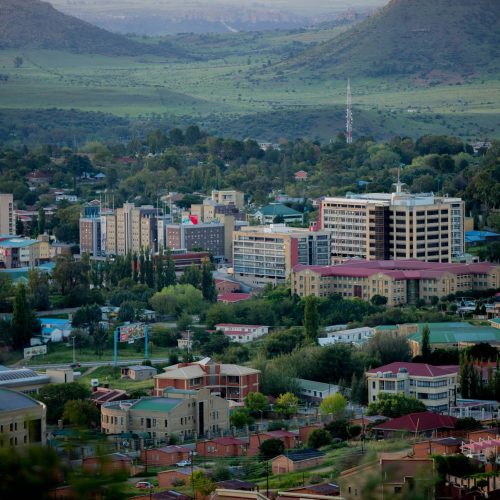
02
Strategic Environmental Assessment
With the production of the National Spatial Development Framework, it is essential to propose policy interventions, plans and programs that are environmentally sustainable and it is in this report that the impact of all developmental interventions that will have been proposed will be assessed. This methodology ensures that environmental considerations are given an equal weight to economic and social factors to minimize harm to the environment. This is an environmental decision making process that guarantees that whatever guidance the NSDF has offered, it does not bring-about bitter environmental repercussions.

06
National Spatial Data Infrastructure (NSDI)
The NSDI will be a spatial data repository made to offer support to government ministries, parastatal, NGO and private sector. With this report geospatial data will be collected for all stakeholders and a geospatial data environment will be created to support planning and monitoring of stakeholder interventions. This is to enhance coordination in plans and efficiency. For the NSDF as a whole, this report will be a data and information (especially that of geographic/spatial/territorial nature) hub. The success of the NSDF is dependent on the ability to describe the spatial/territorial distribution of varied development interventions.

03
National & Local Economic development
It is simply focused on the economic landscape of Lesotho. A study on the endowment of regions (districts) and their disparities, their independent economic functionality and interdependencies and their contribution to the national economy as a whole. An assessment will also be made on the most predominant sectors per region and employment dynamics. The role of this report in the NDSF is to identify strategic directions for both local and national economies and to realize opportunities to promote sustainable economic development from the local level up to the national level.
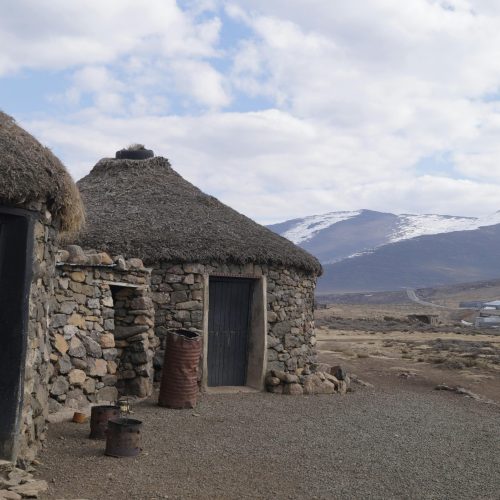
04
Demographic & Settlements Trends
The specialist report will be a compliment to the Lesotho 2025-30 and a foundation to the NSDF by offering a comprehension of the demographic make-up of Lesotho. An investigation on the population size, density, distribution, shifts and patterns and also demographic characteristics such as age, gender, household sizes, migration patterns as well as the spatial distribution. This is to understand the Human/developmental Geography, spatial or territorial phenomena such as Urbanization and rural Depopulation.
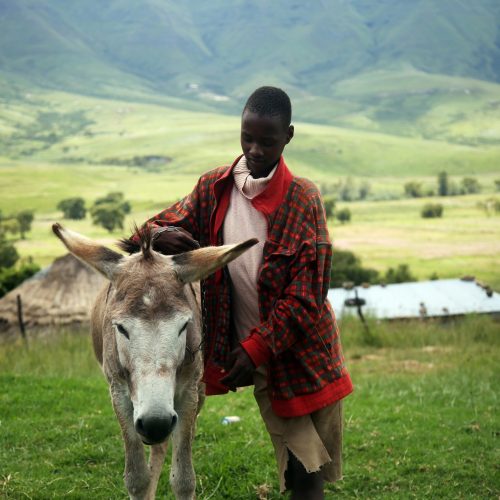
07
Land and Planning policies, legislations
Every activity happens on space and everyone is an actor in the use land hence it is crucial that land be managed circumspectly. This report will assess policies and legislation in place for land management and planning in Lesotho as well as planning and management practices and then make recommendations on how best to manage and utilize land. The report will systematically identify which aspects of land and planning legislation is functioning effectively and which do not and also what areas are in need of improvement. Additionally, institutions in land governance and stakeholders will be identified as well as their role, and then, systematic discrepancies and similarities will be studied and recommendations on how to increase efficiency and effectiveness will be made.
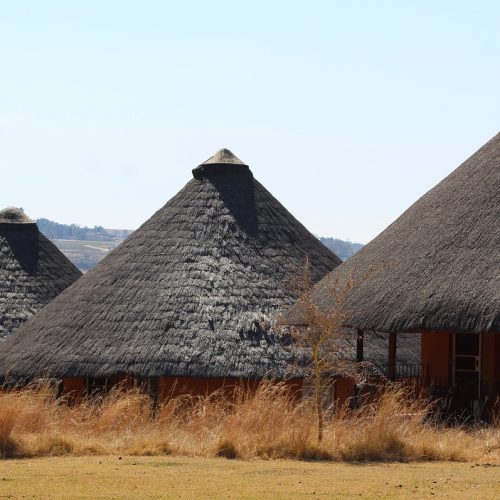
08
Current State of Infrastructure
The report will assess the adequacy of available infrastructure in Lesotho. The key infrastructure to be studied in this report includes roads, water supply, electricity and telecommunications. This report is closely related to that of NDSI as it relies heavily on the use of spatial data and marries that aspect with demographics in understanding the community needs (current and projected population growth, economic activity and social services). An appreciation of how well the existing infrastructure meets the need of current and projected needs and a condition assessment of the existing infrastructure will be established and then areas in need of interventions will be identified.
Lands Commissioner
on NSDF
Commissioner of Lands, ‘Masebele Mponye discusses how the NSDF plans to deal with some of the challenges facing Lesotho’s development, such as uncoordinated and unsustainable development.
AT NSDF LESOTHO
We are Building a Sustainable Future
A wide and diverse range of (1) national spatial development realities
and (2) international, national and sub-national trends, flows and forces
impact upon and shape both the national development landscape, and
our ability to realise our national development goals.
WATCH OUR LATEST BLOG


